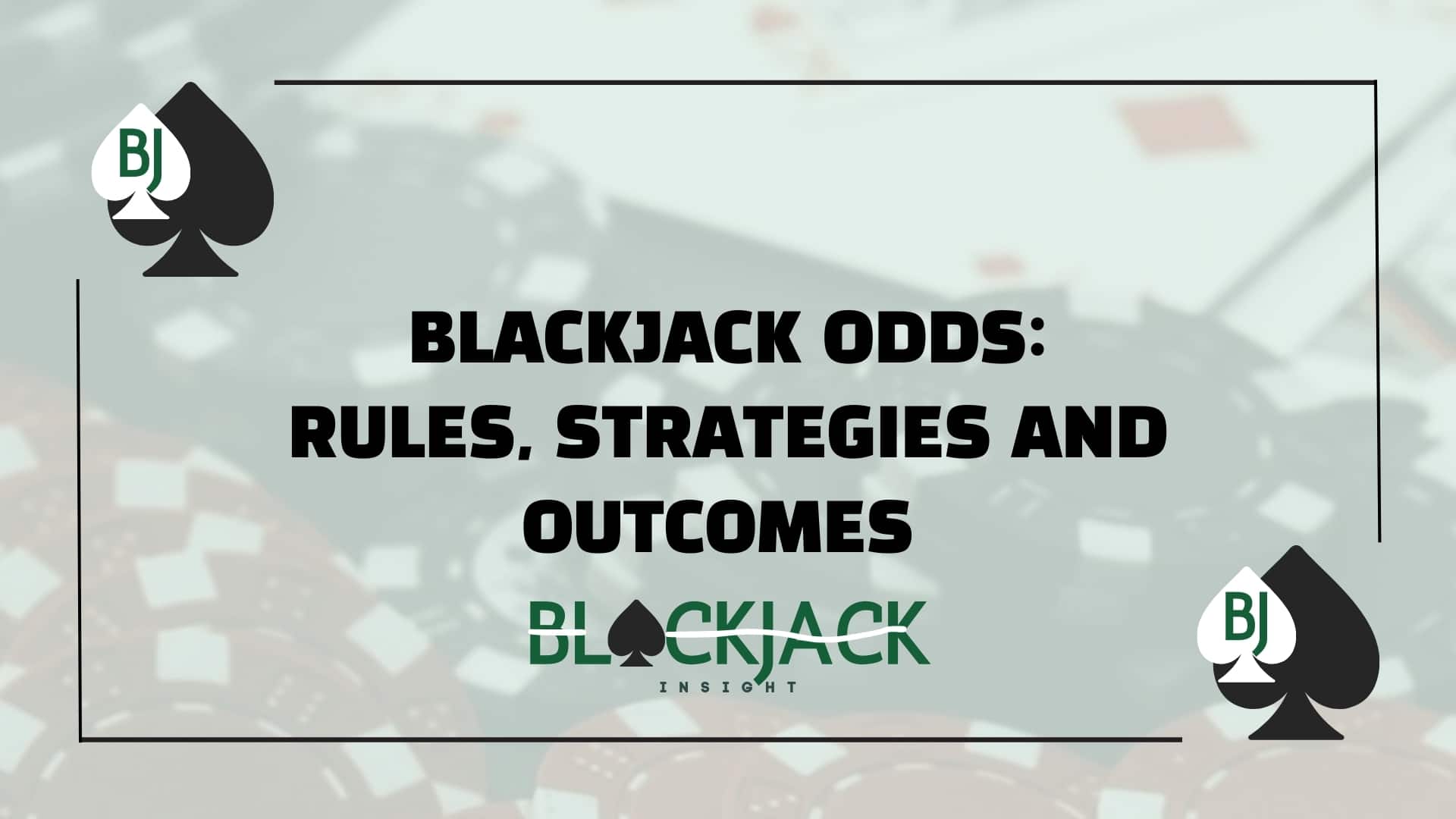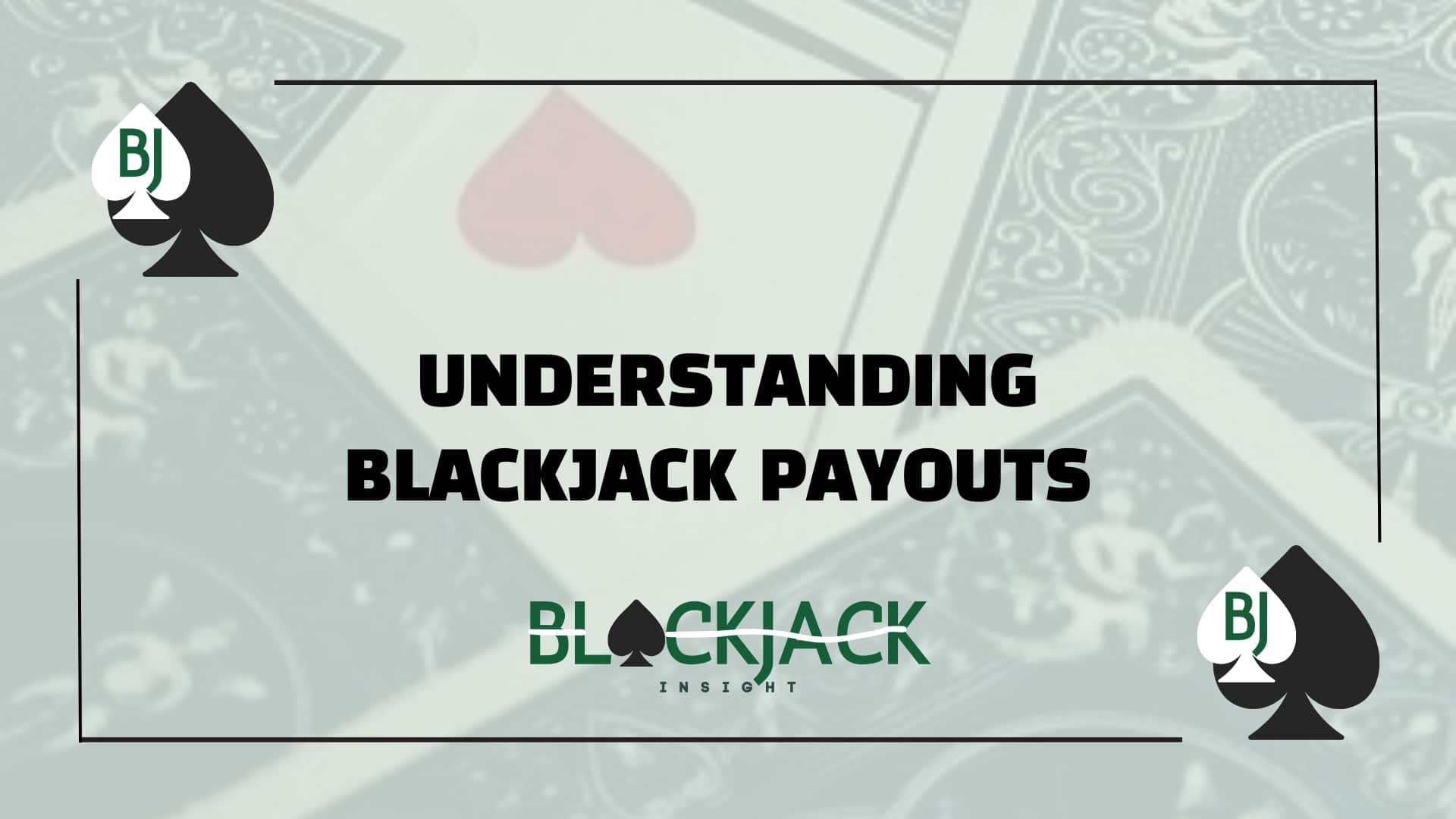Blackjack Odds: Rules, Strategies and Outcomes
Table Of Content

If you’ve ever played blackjack, or even thought about it, you’ve probably wondered—what are the real odds of winning? I used to think it was all luck, but once I started learning the math behind it, everything changed.
Blackjack odds aren’t just about getting a 21. They’re shaped by the rules of the game, how many decks are in play, and even how much you get paid when you hit a natural blackjack. Yep—Blackjack payout isn’t just a side note. It changes the entire game.
What Are Blackjack Odds Anyway?
At its core, blackjack odds refer to your chances of winning (or losing) any given hand. Every card dealt changes those odds — sometimes a little, sometimes a lot.
But here’s the thing: blackjack isn’t roulette or slots. It’s one of the rare casino games where, if you play right, the odds can actually tilt in your favor… or at least as close as possible.
That’s why people obsess over the best blackjack odds — because this isn’t purely a game of chance. It’s a game of decisions.
Breaking Down Your Chances at the Table
Okay, let’s get into the numbers.
If you play perfect basic strategy in a standard 6-deck game, the house edge is about 0.5%. That means for every $100 you bet, the casino expects to win 50 cents over time.
But — and here’s the catch — that’s assuming you know what you’re doing.
Now, let’s talk real numbers — because blackjack odds aren’t just vague ideas floating around. If you’re playing with basic strategy (which, again, is a must if you care about winning), your odds of winning a single hand “usually” sit somewhere between 42% and 49%. Not bad at all, considering we’re talking about a casino game.
But here’s where it gets rough. If you’re just winging it — playing by feel, making random decisions, or going with whatever your gut tells you — your odds of winning drop hard. We’re talking closer to 35% to 40%. And trust me, in blackjack, that gap is massive over time. That’s the difference between walking away with chips in your pocket and wondering where your bankroll disappeared.
And if you’re playing at a table with a lower blackjack payout, like 6 to 5 instead of 3 to 2, even the best strategy won’t save you from slowly bleeding chips. It’s not just how you play — it’s what you’re being paid when you win.
The Best Blackjack Odds Come from Smart Play
Most people think blackjack odds are fixed. They’re not.
I’ll give you an example. I once played next to a guy in Vegas who stayed on a hard 13 against a dealer 10 every single time.
Was he lucky once or twice? Sure. But his long-term odds of winning blackjack? Practically zero.
This is why basic strategy charts exist — they’re literally maps showing you the best possible move based on your hand and the dealer’s card.
Not using one is like driving in a foreign city with no GPS.
Blackjack Odds, Affected by the Rules
Not all blackjack tables are created equal. Rule variations change your odds — sometimes in sneaky ways.
Here’s what you should look for if you want the best blackjack odds:
- Blackjack pays 3:2 (never 6:5, seriously)
- Dealer stands on soft 17
- Double after split allowed
- Surrender option available
- Fewer decks (single deck > 6-deck in most cases)
When blackjack pays 3 to 2, your chances of winning go up—not just because of your play, but because you’re being properly rewarded for the risk you’re taking. That’s a huge part of optimizing your edge.
Meanwhile, a “Blackjack 6 to 5” table might feel the same, but the math is stacked way more in the house’s favor. Your payout drops, the house edge increases, and suddenly those smart plays don’t feel so profitable anymore.
If you find all the beneficial blackjack rules on one table? Congratulations, you’ve found unicorn blackjack.
But be warned — casinos aren’t in the habit of making life easy for players. Most of the time, you’ll get a mix. Just know that every unfavorable rule slightly increases the house edge, and that chips away at your blackjack odds of winning.
Can You Actually Beat the Odds?
Short answer? Occasionally.
Long answer? Consistently winning blackjack requires discipline, patience, and (honestly) a pretty deep understanding of math.
Sure, counting cards is a thing — but it’s not like in the movies. It’s not illegal, but it’s also not easy. And most casinos shuffle often enough to make it nearly impossible unless you’re playing at very specific tables.
That said, you can absolutely give yourself the best possible odds by:
- Learning blackjack rules
- Knowing basic strategy (non-negotiable)
- Managing your bankroll properly
- Avoiding side bets (they’re fun but terrible odds)
- Picking favorable tables
- Staying patient and playing smart
Oh—and don’t forget the payout. If you’re not getting paid fairly for winning hands, your odds might be fine, but your profits won’t be.
I’ve lost count of how many times I’ve seen players blow their bankroll chasing losses because they didn’t understand how blackjack odds work. Trust me — it’s not pretty.
Knowing Odds Makes Blackjack More Fun
Here’s a little personal thing: Once I really understood the odds of blackjack, I started enjoying the game way more.
It wasn’t just about hoping for lucky cards anymore. It became about making smart decisions, outlasting bad runs, and yes — quietly celebrating when I outplayed the house edge.
And part of that was learning to spot tables with fair rules—especially ones where blackjack pays 3 to 2. Because when you’re winning, you want to make sure you’re actually getting what you deserve for it. And don’t forget to use the BJ Insight Betting Odds Calculator.
There’s something incredibly satisfying about knowing you’re playing the best possible version of the game. And honestly? Most casual players have no idea how much of a difference that makes.
FAQs
1. What are the best blackjack odds in a casino?
The best odds come from tables that pay 3:2 for blackjack, have the dealer stand on soft 17, and allow doubling after splits. Fewer decks also help reduce the house edge.
2. Can I improve my odds of winning blackjack without counting cards?
Absolutely. Learning basic strategy and sticking to it is the simplest and most effective way to improve your odds without card counting.
3. Are blackjack odds better online or in live casinos?
It depends on the rules of the table. Look for online games that mimic favorable real-life conditions—3:2 payouts and fewer decks are a good sign.
4. How much does luck affect blackjack odds?
Luck is a factor in the short term, but over time, proper strategy and smart decision.
You may also be interested in



